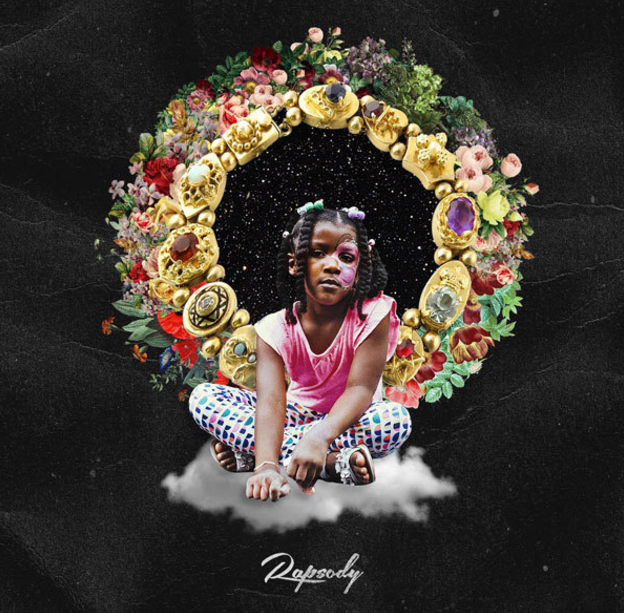Grandmothers have long been a source of gumption and grace. Rapper Rapsody’s grandmother, Laila, always used to say “Give me my flowers while I’m here,” as an expression of self-worth. Rapsody’s latest album is a representative capsule of everything her grandmother taught her, plus lessons she has learned herself along the way. It’s done with multi-dimensional storytelling, as Rapsody glides over thoughtful production.
The album is largely a long, humble boast, with moments of vulnerability countered by triumph. Humility is treated as sacred and necessary. The sentiment chronicled on the Kendrick Lamar and Lance Skiiiwalker-featured “Power” is that there are three elements in everyone and everything: A police badge, the rap game and struggle.
Her most audacious moments, such as the suave “Chrome (Like Ooh)” and the chest-pounding, spastic verses on “You Should Know,” melt into softer, unassuming tones. The latter features Busta Rhymes, and given the climate of the first four minutes of the song, Busta’s anticipated rambunctiousness is nearly perfect. Instead, his two minutes or so break down into a love song. She lets herself flex a little more on “OooWee,” enabled by the always-charismatic Anderson .Paak.
Rapsody’s incredible cadence drives the album. She weaves in and out of beats, modifying her voice and delivery to embody different characters. Over the span of the album’s 14 songs, she becomes a young adult talking innocently to a police officer who is responding to noise complaints, turning the music back up when he leaves; a young girl approaching her accidental death; the grieving mother of that same girl.
Much of the production is done by Khrysis and 9th Wonder — who has produced for Jill Scott — Mos Def and Erykah Badu. His staple sound heavily incorporates soul and funk, with pronounced drums. Laila’s Wisdom could fit right into the lineup of 2005’s Dave Chappelle’s Block Party. Rapsody has a keen ability to magnify her experiences into something identifiable for most. Midway through the album, “Ridin'” sticks out as an outlier, employing West Coast’s G-funk, while “U Used 2 Love Me” has all the fundamentals of a 90s R&B song.
The format of “Pay Up” is similar to that of Lauryn Hill’s “Doo Wop (That Thing)”, a two-sided precautionary tale of what constitutes as love. This hesitance later becomes a fascination with love. Rapsody constantly assures herself that she is worthy, when she has been told otherwise.
The foresight imparted on Laila’s Wisdom has been circulated often — money doesn’t make you whole, love is never perfect and pride in who you are is essential. But Rapsody doubles down on these themes while allowing room for error, making the invitation into her world one that listeners should be eager to accept.
3/4 stars



